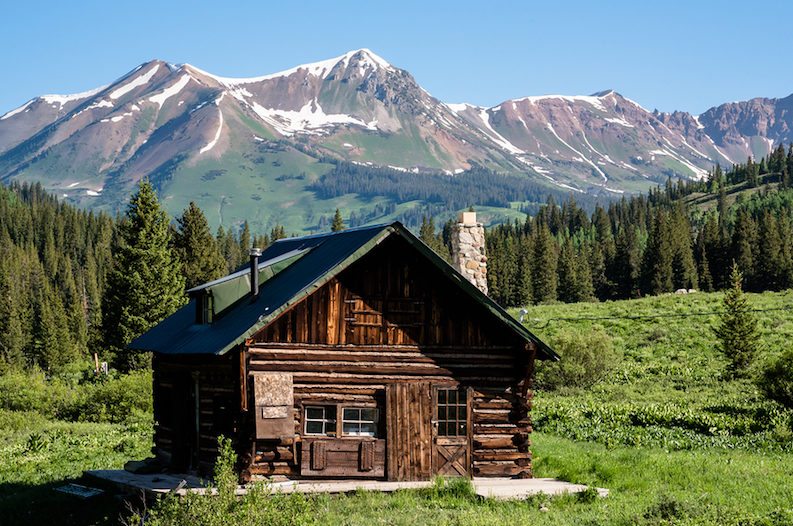Valuable Lessons From Life Off The Grid
Living off the grid frees people up from many of the preconceived mindsets and habits that define contemporary life. There are psychological and practical lessons to be learned by this type of drastic lifestyle change. Considering the likely interruption of power due to weather issues, emergency developments, or other unexpected circumstances, finding alternate off the grid power sources makes sense.

Practical Lessons
1. According to the Energy Information Administration at the EPA, wind power is the “go to” energy source, representing the cheapest and cleanest option. Supplementing wind power with solar power is a sure strategy for transforming your dependency on power companies into earth-friendly sources.
2. A backup generator provides extra peace of mind for days when the sun doesn’t shine, and there is no wind. There are several types of generators. They run on natural gas, gasoline, propane, or biodiesel fuel.
3. Water sources are as close as the rain falling from the sky and the groundwater beneath the surface of the ground. Above ground and below ground cisterns can be used to collect both rainwater and groundwater. A pump must be used to bring the water above ground for home use.
4. Solar water heaters offer an excellent “green” option for heating your water, easily replacing the water heaters fueled by power companies.
5. Water flows downhill always and is heavy to carry.
Psychological Lessons
1. Going without modern conveniences for a few hours, days, or as a more permanent lifestyle change can be a freeing experience. “Disconnecting” reminds us about how pleasant and meaningful life can be when more time is spent in nature or with friends and family.
2. As pointed out in the Huffington Post’s article, Lessons Learned Living on a Caribbean Island, wants and needs are often mixed up concepts in today’s society. Modern conveniences like television and computers, central heating and air conditioning are wants and not needs. Food is one of the only true needs of human beings. While staying out of the elements is a need, there are many different ways to heat or cool a home besides paying a power company.
3. You don’t need to own a clock or run your life with a packed schedule. The sun will rise every day and set each evening, regardless of whether society tracks the time of day or not.
4. You are capable of doing things you never thought possible. While most people do not believe they could live without modern-day conveniences, you could. The Amish offers a perfect example of how there is a way to do everything necessary for survival without the benefit of power.

Conclusion
While the idea of off-grid living inspires fear in the faint of heart, there are many lessons that can be learned by the experience. Self-fulfillment and personal growth are two possible benefits. Knowing how adaptable the human race is empowering the human spirit.


